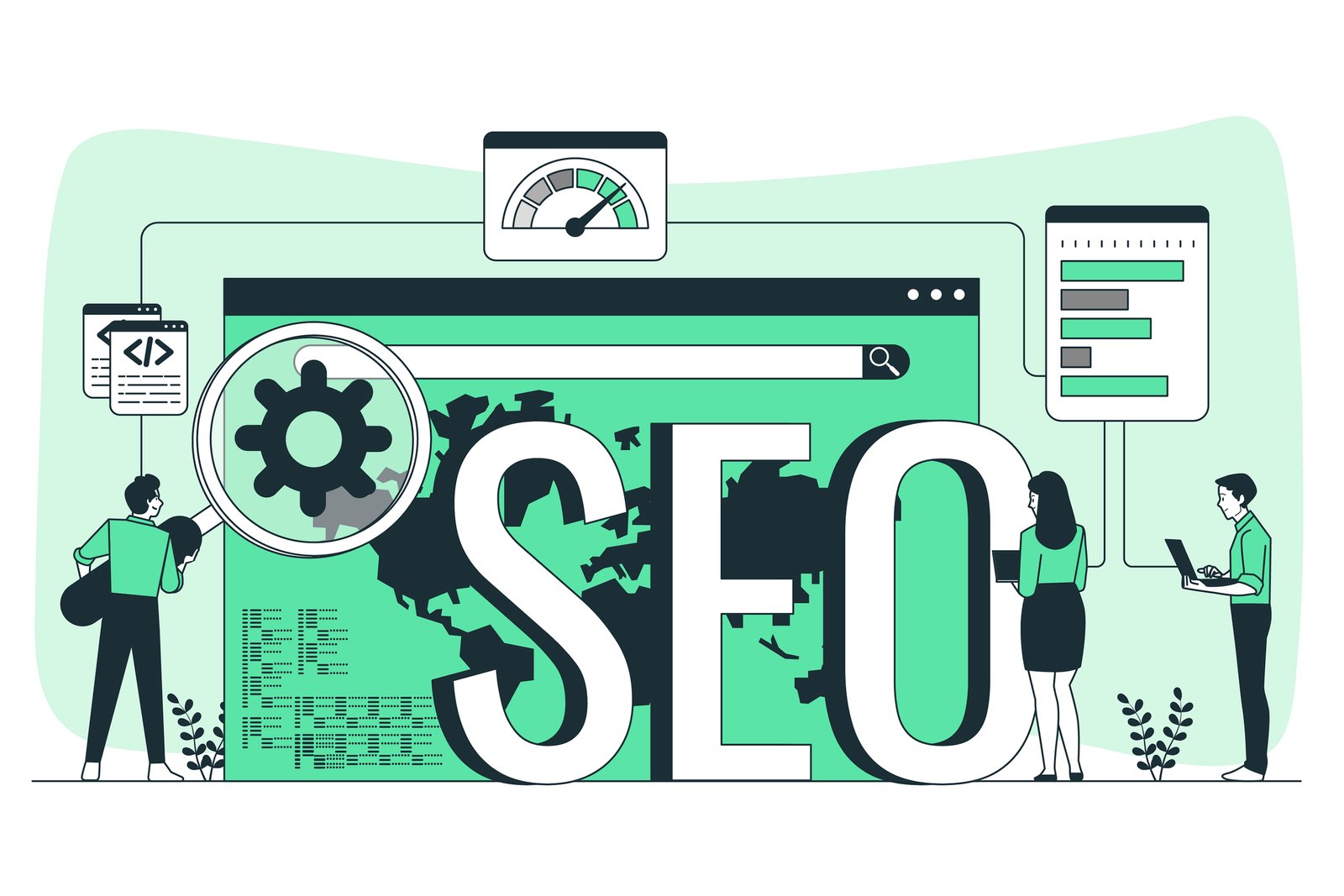
Introduction SSL certificates don’t directly impact SEO penalties, but they are crucial in securing data transmission between users and your...

Introduction SSL certificates don’t directly impact SEO penalties, but they are crucial in securing data transmission between users and your...

In this article, we will talk about ’99 Small Business Event Ideas’. Welcome to Entrepreneurial Inspiration! Explore 99 small business...

Local SEO is not dead in 2024. It is still one of the most vital and responsive digital marketing strategies...

Local SEO has changed the game for companies trying to engage with their community in the ever-changing realm of digital...

Black Hat SEO is, given the name already, a devilish term. By definition, a black hat SEO forum is an...


Have you ever thought about why some websites get listed while others remain invisible? It’s all about the clarity with...

What are the benefits of an SEO retainer? SEO is not just a onetime task; it requires frequent maintenance like...

The short answer: No, SEO is certainly not a one-off. While on one hand the initial efforts can give the...

Is it just me, or do you find it hard to stand tall in the crowded online buying market? The...
Intech Sea, we understand that the digital ecosystem is not merely a platform for businesses but a vast sea teeming with potential.
You Will Recive The Latest NewsAnd Update
Copyright © 2025 Intech Sea